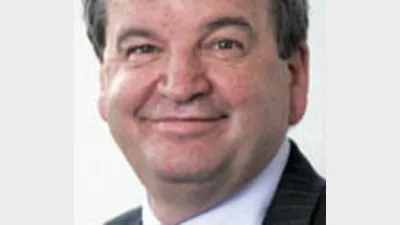Costs saved by mutual recognition



|
|
The Australian Securities and Investments Commission (ASIC) has signalled that it may head further down the mutual recognition path with New Zealand in the wake of new research revealing that mutual recognition with respect to securities offerings has succeeded in saving up to 95 per cent in costs.
The regime, implemented last year, allows issuers to offer securities in both Australia and New Zealand using home jurisdiction offer documents.
According to the research released by ASIC chairman, Tony D’Aloisio and his New Zealand counterpart, the chair of the New Zealand Securities Commission, Jane Diplock, the arrangements have significantly reduced legal and documentation costs.
They said that the costs had been reduced by the order of between approximately 55 and 95 per cent, and the time to go to market had also been significantly reduced — in one case by 25 per cent.
Commenting on the research, D’Aloisio said the results demonstrated mutual recognition could reduce industry costs.
“At the same time, if agreed with appropriate partner jurisdictions, these arrangements can maintain high levels of investor protection and promote a ‘race to the top’ in regulatory standards internationally,” he said.
D’Aloisio said the research had found broad support for developing similar mutual recognition arrangements with other sophisticated jurisdictions.
Recommended for you
Compared to four years ago when the divide between boutique and large licensees were largely equal, adviser movements have seen this trend shift in light of new licensees commencing.
As ongoing market uncertainty sees advisers look beyond traditional equity exposure, Fidante has found adviser interest in small caps and emerging markets for portfolio returns has almost doubled since April.
CoreData has shared the top areas of demand for cryptocurrency advice but finds investors are seeking advisers who actively invest in the asset themselves.
With regulators ‘raising the bar’ on retirement planning, Lonsec Research and Ratings has urged advisers to place greater focus on sequencing and longevity risk as they navigate clients through the shifting landscape.










